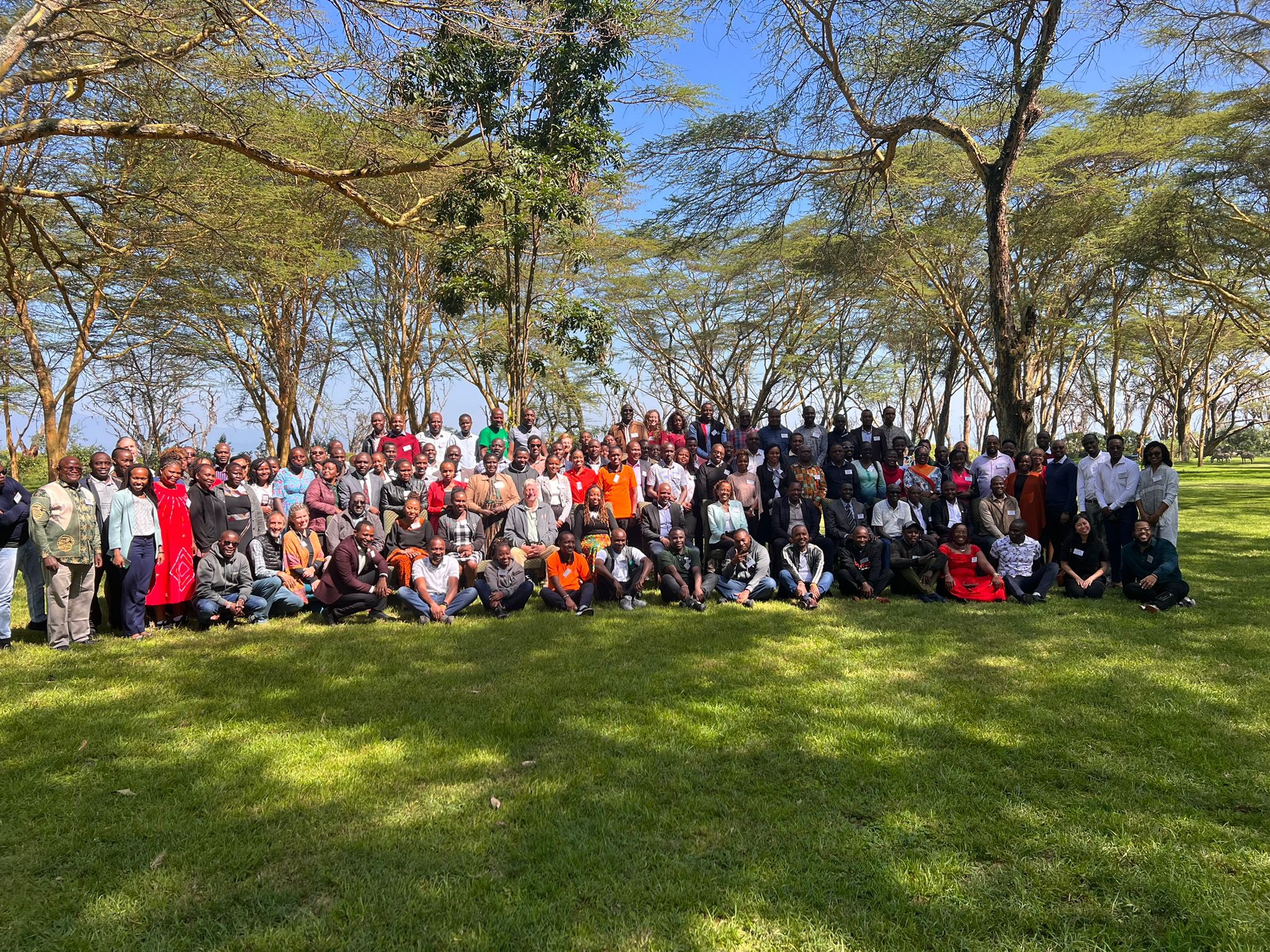
KAJIADO LANDSCAPE RESTORATION
ABOUT TERRAFUND FOR AFR100
TerraFund for AFR00, is a fund for locally led landscape restoration projects operating in Africa.
The project is part of the ambitious African Forest Landscape Restoration Initiative (AFR100) that seeks to restore Africa degraded and deforested land.
Our Partners


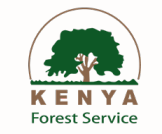
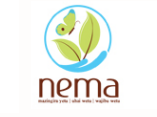
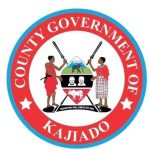
KAJIADO LANDSCAPE RESTORATION
The project is for the restoration of the degraded Southern Rangeland Ecosystem in Kajiado County. Landscape degradation in the Athi Kapiti Plains is caused by a combination of factors including rapid population growth, land use conversion to subsistence and commercial agriculture, harvesting of woody biomass for building materials, charcoal, and firewood, and intensified livestock impacts. The shift towards individual land tenure and sub-division of group ranches has led to increased demand for wood for fencing.
The objectives for the project are:
- Restore degraded landscape for improved biodiversity conservation and ensure conservation of the future viability of several key wildlife species such as Cheetah Acinonyx jubatus found in Kapiti plains.
- Improve community livelihoods through promotion of agroforestry and nature-based solutions for land degradation while at the same time strengthening community resilience and climate change adaptation.
- To reduce the overall proportion of degraded land in Kajiado East and Kapiti, promote environmental stewardship and stabilize local climate.
ILEG intends to restore the ecosystem through tree planting and assisted natural regeneration (ANR) with the targeted landscapes types being Agroforestry, Natural Forests and Riparian or Wetland areas. The landscape degradation has affecting the flow of ecosystem services and contributing to reduced water availability and climate change.
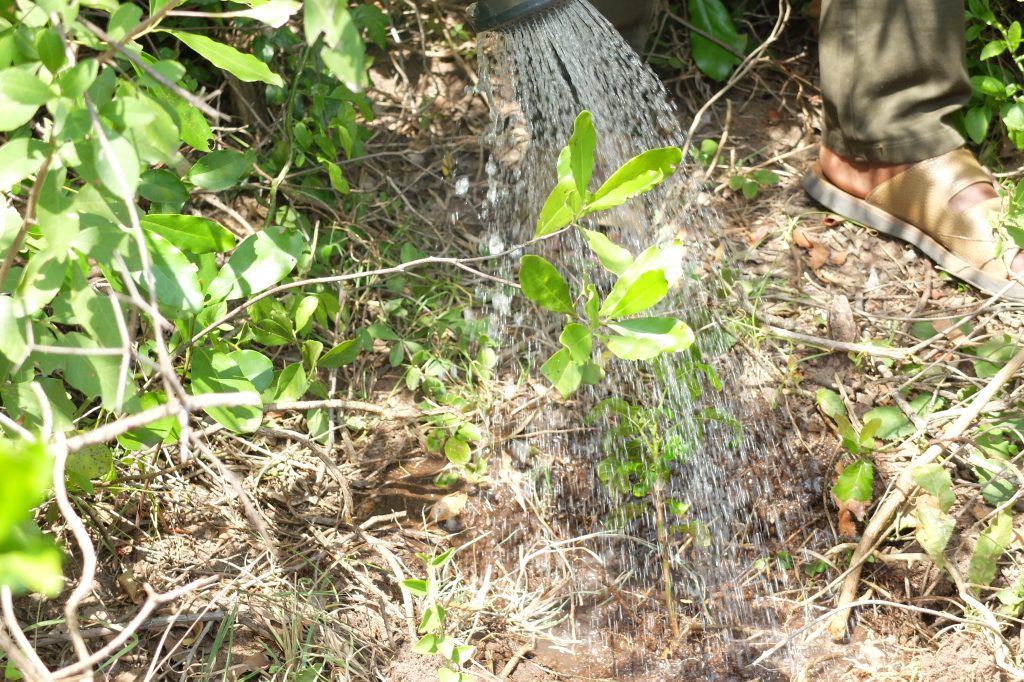
Landscape degradation of vegetated habitats releases carbon and contributes to global climate change with impacts on biodiversity, water supply, droughts and floods, agriculture, energy production, and human health, whereas restoration or protection of these habitats mitigates or avoids these damages, respectively.
The conservation and restoration of natural systems thus helps to reduce the rate at which greenhouse gases accumulate in the atmosphere and the consequent impacts of climate change.
GALLERY
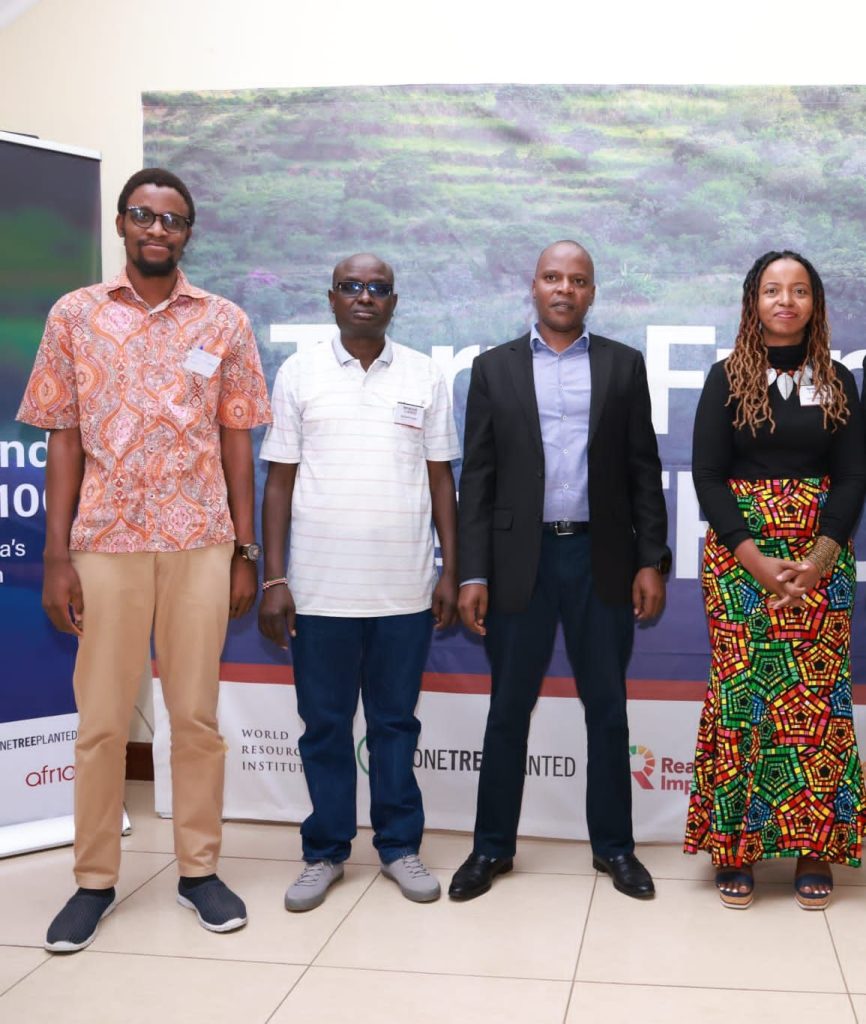
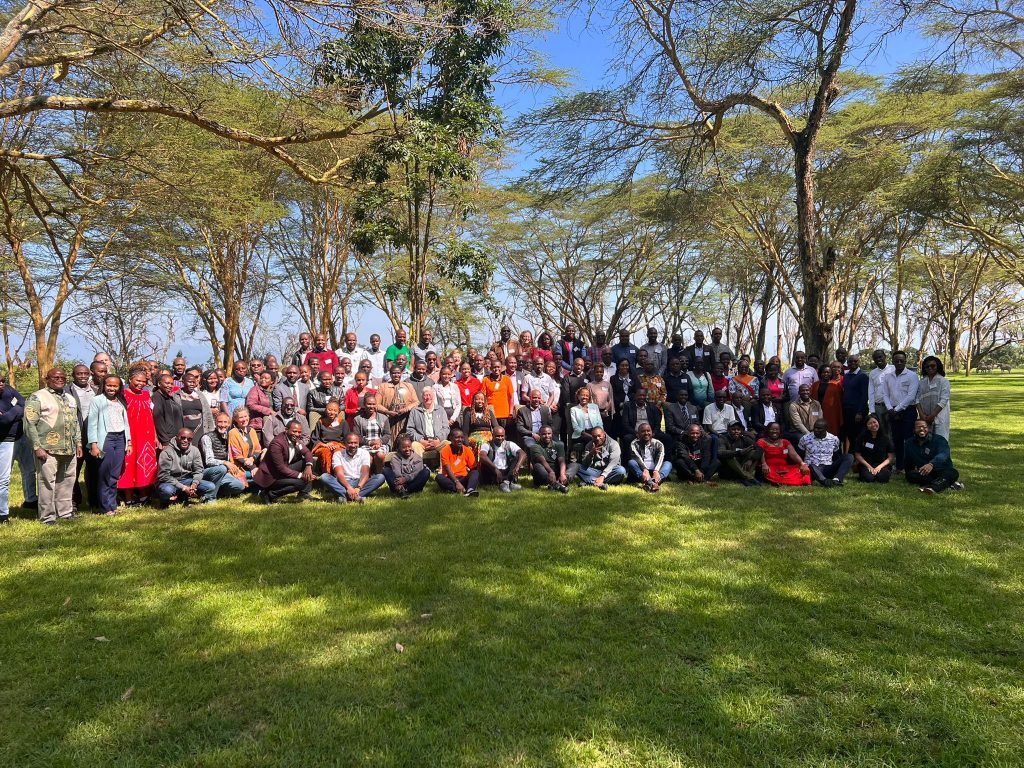
EVENTS & ACTIVITIES

ILEG is an independent, non-profit public interest law and policy organization focused on promoting sustainable development. We work with local communities, governments, the private sector and civil society organizations (CSO’s) to ensure fair, balanced and equitable development policy choices to improve peoples’ lives and protect the environment.
© 2024 Institute for Law and Environmental Governance – KENYA All Rights Reserved | Terms of Service | Privacy Policy

